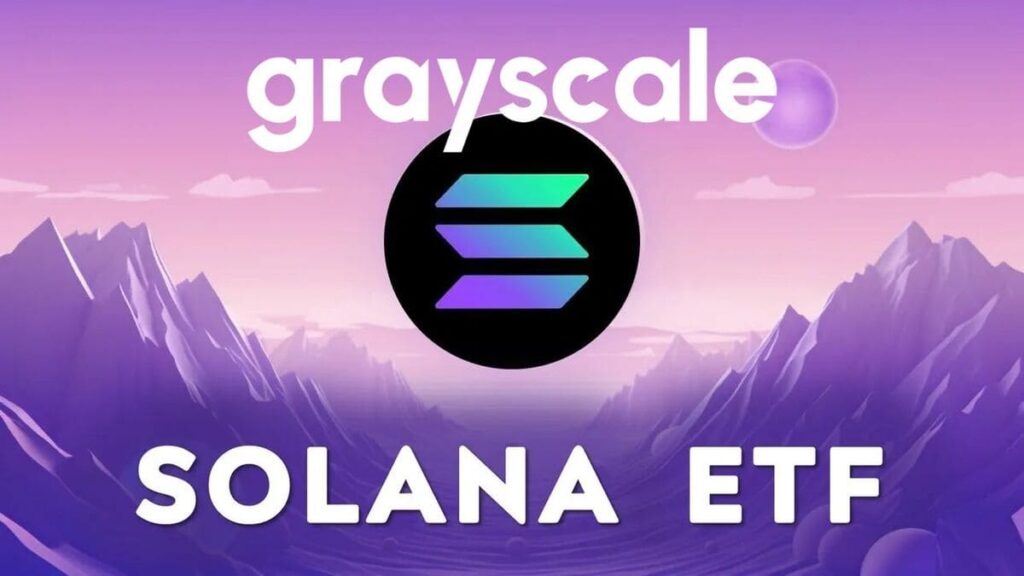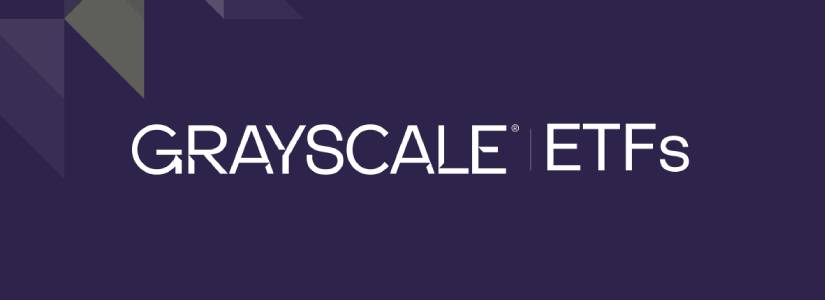TL;DR
- Grayscale submitted an S-1 form to the SEC to convert its Solana Trust into an ETF that would trade on NYSE Arca without including staking rewards.
- The fund would hold SOL tokens, track the CoinDesk SLX index, and designate Coinbase as custodian, with BNY Mellon as administrator and transfer agent.
- Polymarket estimates an 83% chance of approval in 2025, driven by increasing regulatory openness and Solana’s strong market growth.
Grayscale confirmed it submitted an S-1 form to the U.S. Securities and Exchange Commission (SEC) to convert its current Solana Trust into an exchange-traded fund (ETF).
How Would Grayscale’s Solana ETF Work?
If the agency approves the application, the product would be renamed Grayscale Solana Trust ETF and traded on the NYSE Arca platform. The fund would hold SOL tokens and track their performance using the CoinDesk Solana Price Index. Additionally, Coinbase would act as custodian and prime broker, while Bank of New York Mellon would handle administration and share transfers.
Unlike direct SOL ownership, the ETF would not allow participation in staking activities. This means that investors who acquire shares in the fund would not receive rewards for validating transactions on the network. This exclusion aims to simplify the fund’s regulatory framework and could facilitate its approval, especially as authorities appear more open to authorizing crypto-linked investment vehicles.
Grayscale follows the path of other asset managers like Fidelity, which are also exploring Solana-based alternatives. The decision comes at a time of steady growth in the SOL market. Since the beginning of the year, Solana’s trading volume has increased from $5 billion to $12.6 billion. Its current market capitalization is around $59.6 billion, with a unit price near $116 and a 2% increase over the past 24 hours.
The Market Bets “Yes” on Solana
The decentralized prediction platform Polymarket assigns an 83% probability to the ETF’s approval in 2025. This shift in expectations is the result of changes in U.S. domestic policy, which suggest a more flexible approach toward the crypto industry. While the absence of staking may limit incentives for some investors, it also removes several regulatory hurdles.
Grayscale’s filing reflects growing institutional interest and a broader range of crypto investment products beyond Bitcoin and Ethereum. Solana stands out as one of the main candidates to meet that demand, both due to its technology and its increasing trading volume.













